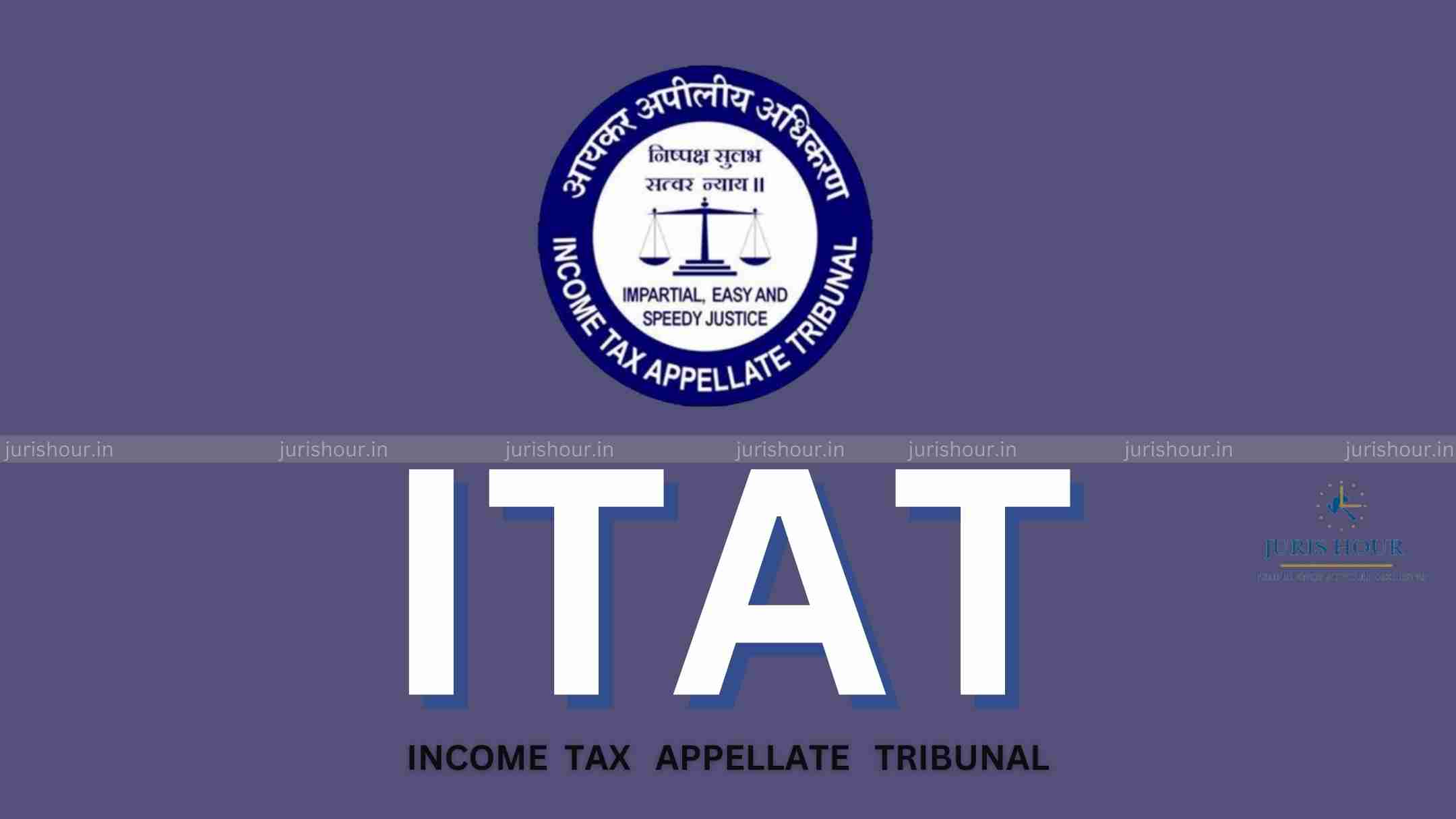ITAT Quashes Assessment and Penalty Orders Passed During IBC Admission Period

ITAT Quashes Assessment and Penalty Orders Passed During IBC Admission Period
The Delhi Bench of Income Tax Appellate Tribunal (ITAT) has assessment and penalty orders passed during Insolvency and Bankruptcy Code (IBC) admission period.
The bench of Anubhav Sharma (Judicial Member) and M. Balaganesh (Accountant Member) has observed that as there was no claim of department adjudicated during resolution proceedings and in fact the dues or demands of the department were quantified at NIL, the National Faceless Assessment Centre (NFAC) should have quashed the impugned assessments instead of dismissing the appeals as non-maintainable, and then giving AO liberty to just follow the NCLT order.
The appellant/assessee is that in view of the aforesaid approved plan, no tax liability survived or could have been raised for the years under consideration, being falling prior to the commencement date of CIRP process. Accordingly, the aforesaid factum was communicated to the NFaC, in response to notice under section 142(1) of the Income Tax Act that the dues for the period prior to the date of approval of Resolution Plan stood frozen, upon the approval of the resolution plan by NCLT and dues for the prior period stand extinguished.
The assessee has preferred appeals before CIT(A), challenging the demands consequent to IBC proceedings being void but failed.
The tribunal opined that what NFAC has done at time of dismissal of appeals of assessee by impugned order is somehow beneficial to the assessee as in the light of aforesaid settled proposition of law, the AO, if has to take a call on the basis of NCLT order only, then as such there is no enforceable demand left after the acceptance of resolution plan. Now as the department has not challenged the direction of NFAC by way of any appeal, the AO, can only treat the demands for these AYs to be NIL.
The tribunal held that there has been legislative intervention also in case of such matters and Finance Act, 2022 inserted Section 156A to the Act to provide that the Assessing Officer shall modify the demand payable in conformity with the order of the Adjudicating Authority (‘AA’ or ‘NCLT’) and shall thereafter serve on the assessee a notice of demand specifying the sum payable, if any, and such notice of demand shall be deemed to be a notice under section 156 of the Act. Hence the order passed by the AA approving a Resolution Plan shall be complied by the Assessing Officer and the revised demand notice in accordance with the resolution plan duly approved by the AA shall be issued by the Assessing Officer under Section 156 of the Income Tax Act, 1961.
The tribunal held that as there was no claim of department adjudicated during resolution proceedings and infact the dues or demands of the department were quantified at NIL, the NFAC should have quashed the impugned assessments instead of dismissing the appeals as non-maintainable, and then giving ld.AO liberty to just follow the NCLT order.
Case Details
Case Title: Jasrati Education Solutions Ltd. Versus NFAC
Case No.: ITAs No.1147, 1149 & 1148/Del/2024
Date: .03.2025
Counsel For Appellant: Gaurav Jain, Advocate & Rahul Prabhakar, Advocate
Counsel For Respondent: Dayainder Singh Sidhu
Read More: Know The New Finance Secretary, Ajay Seth

